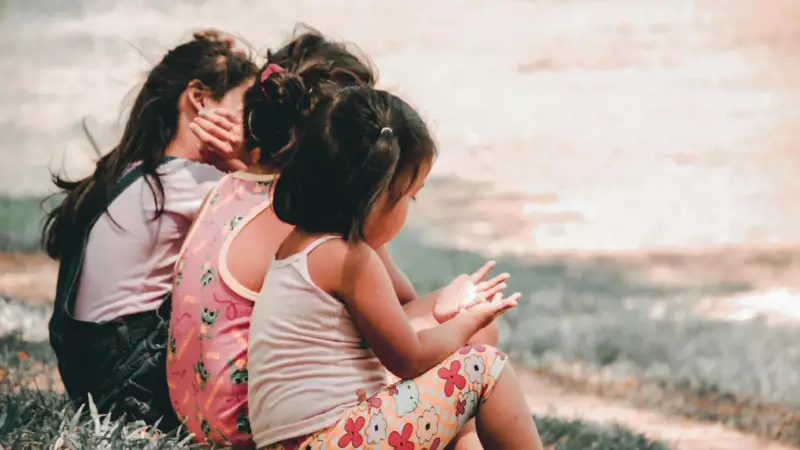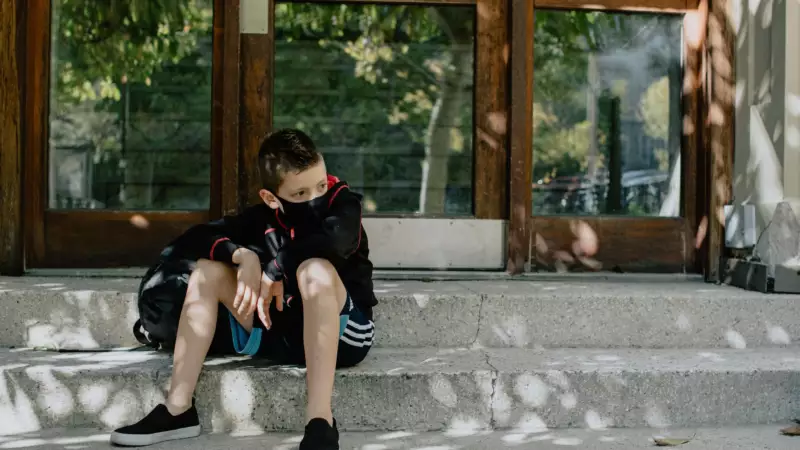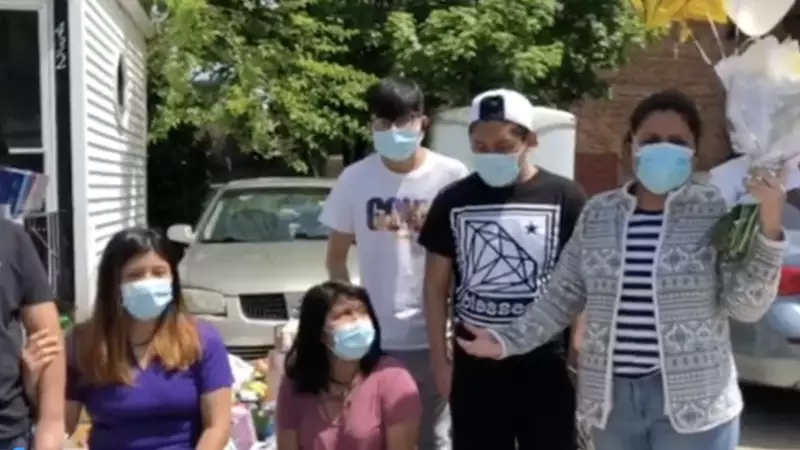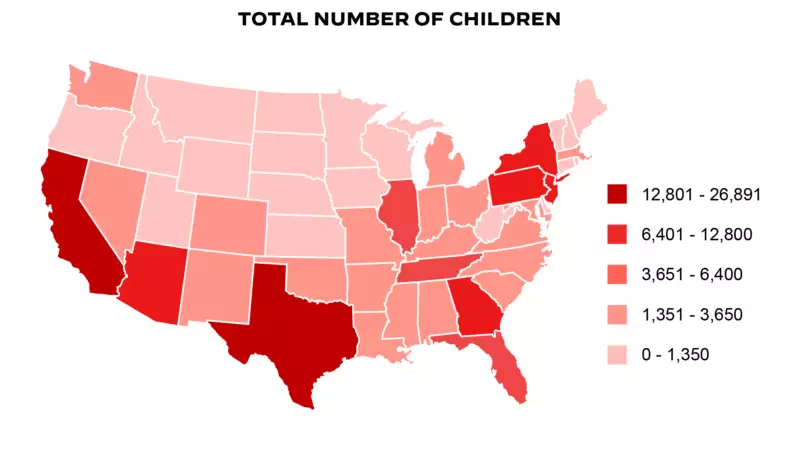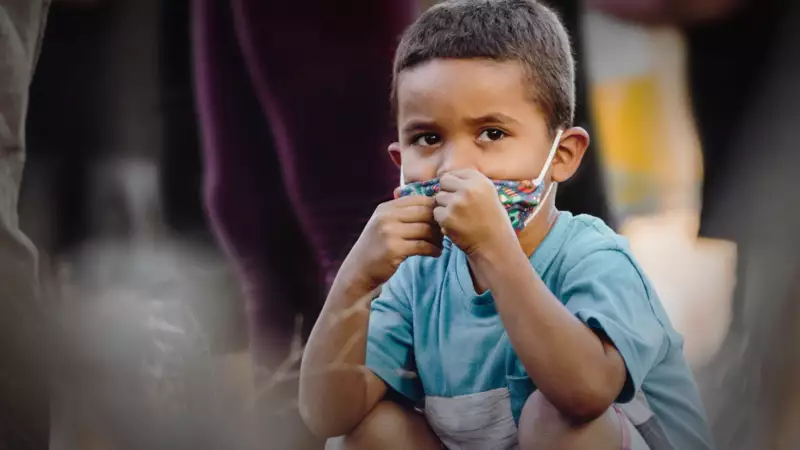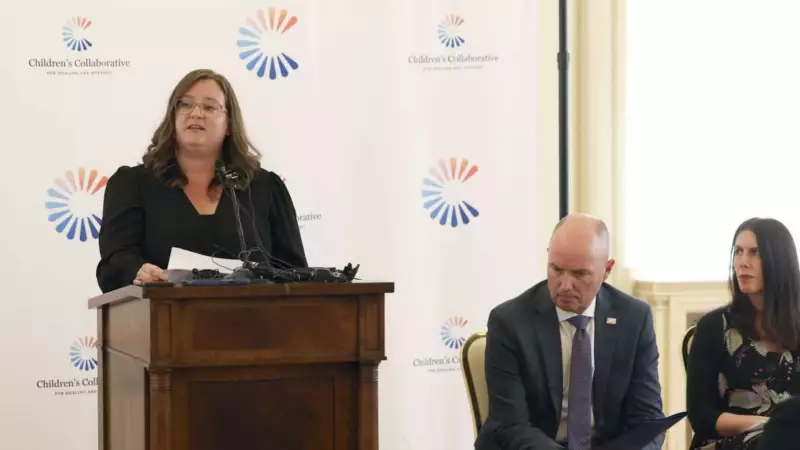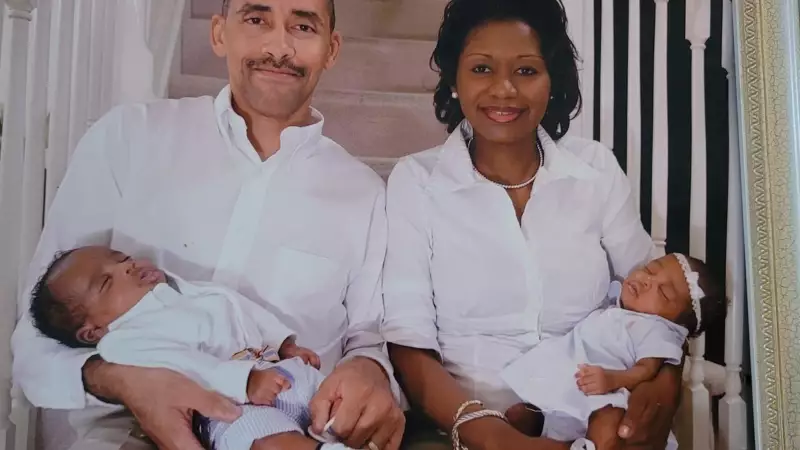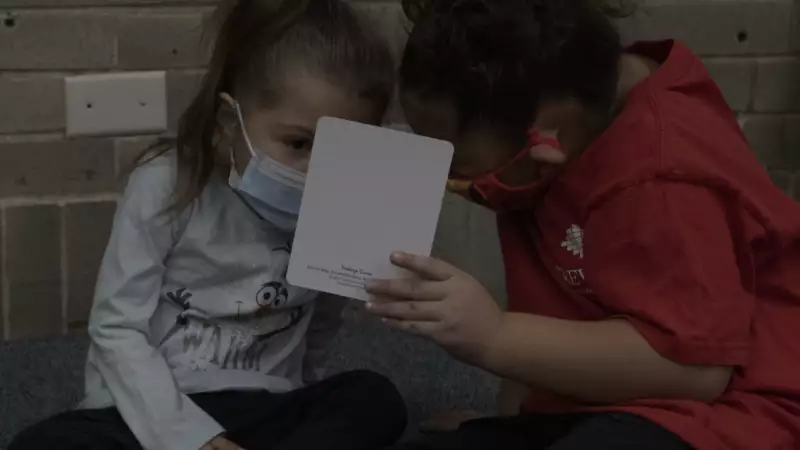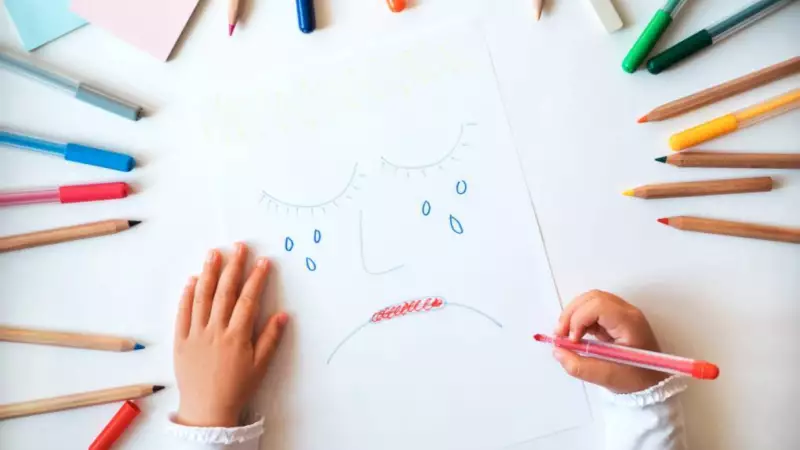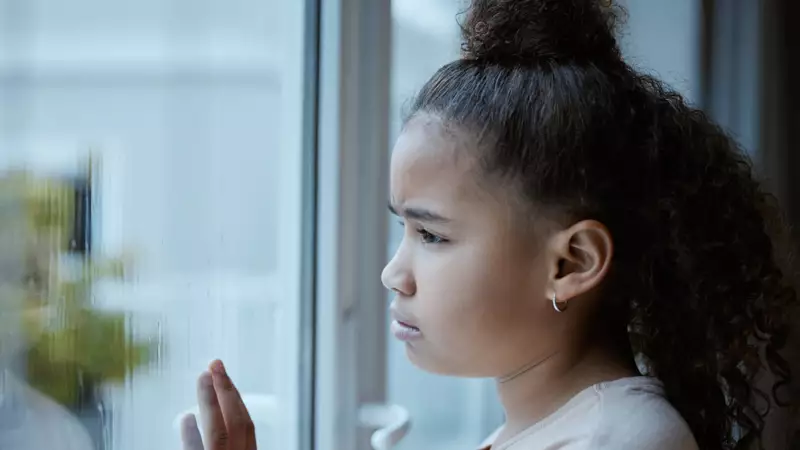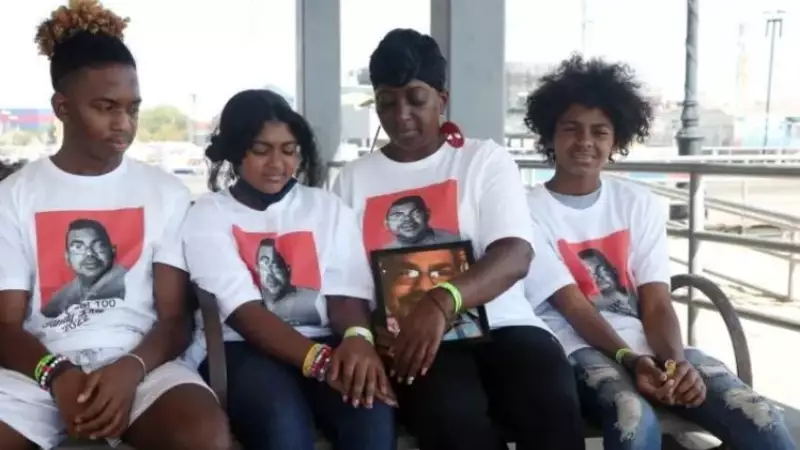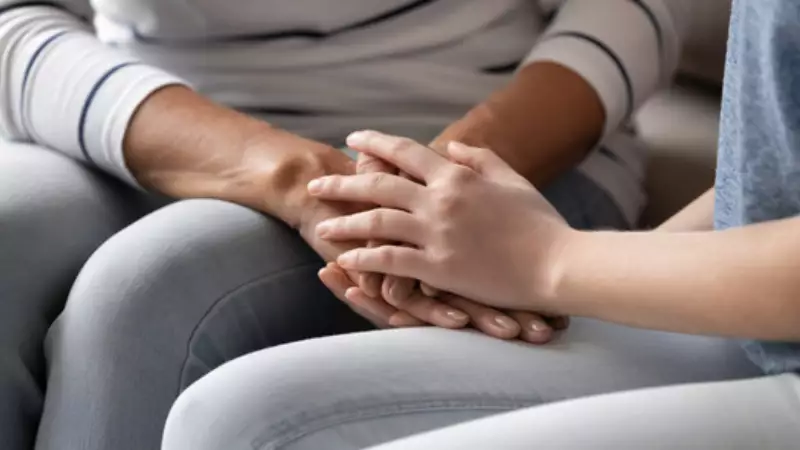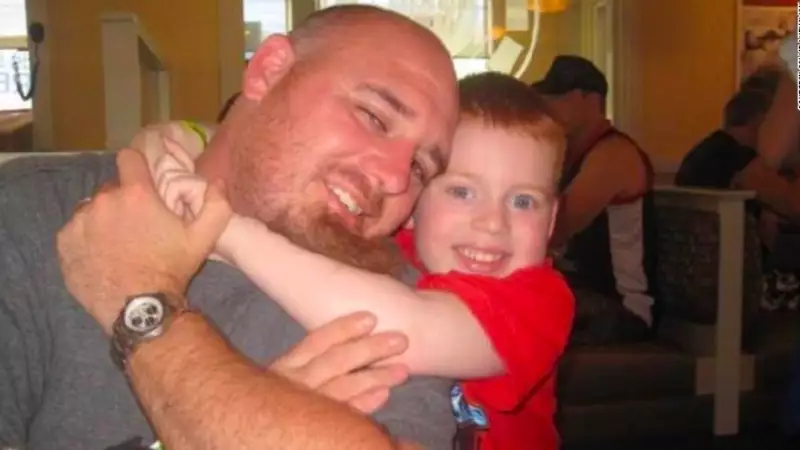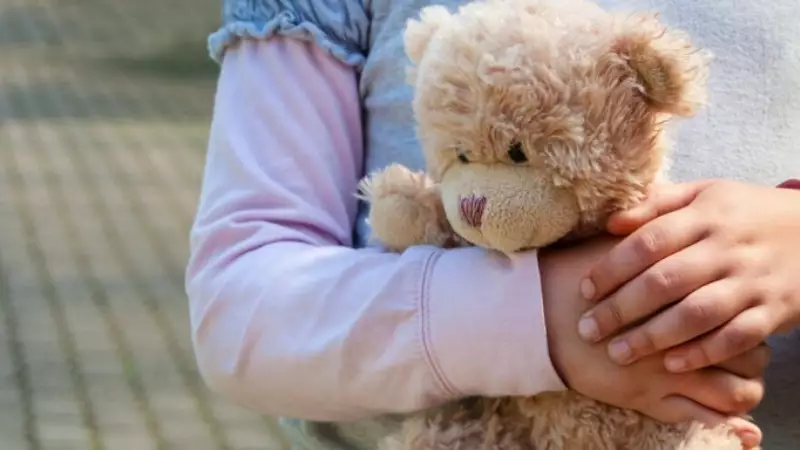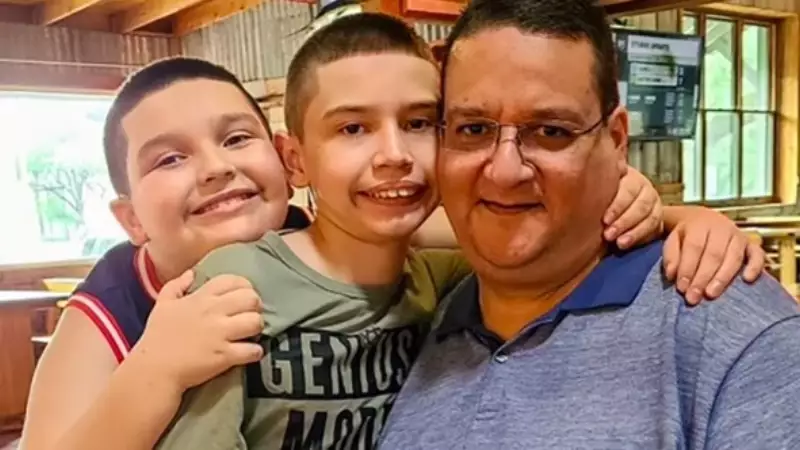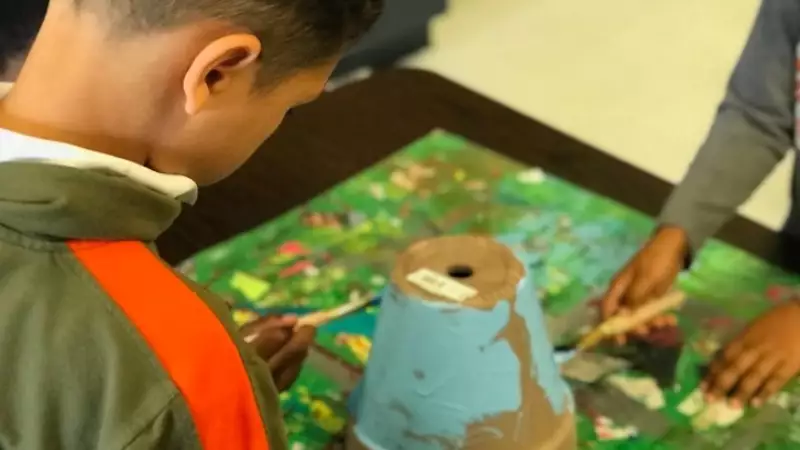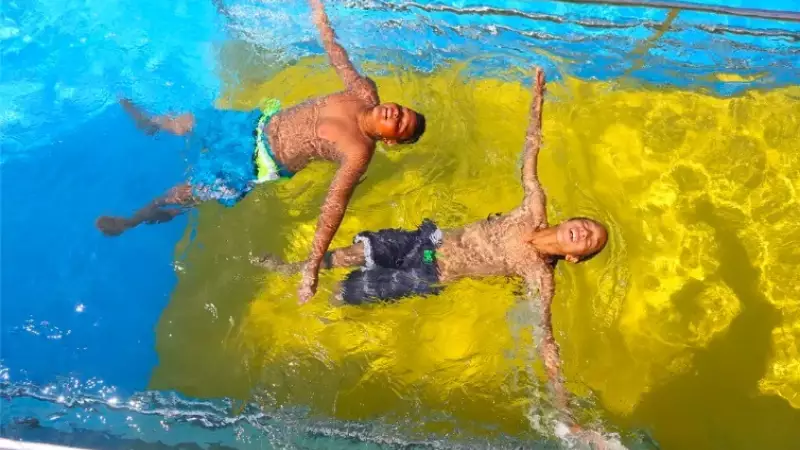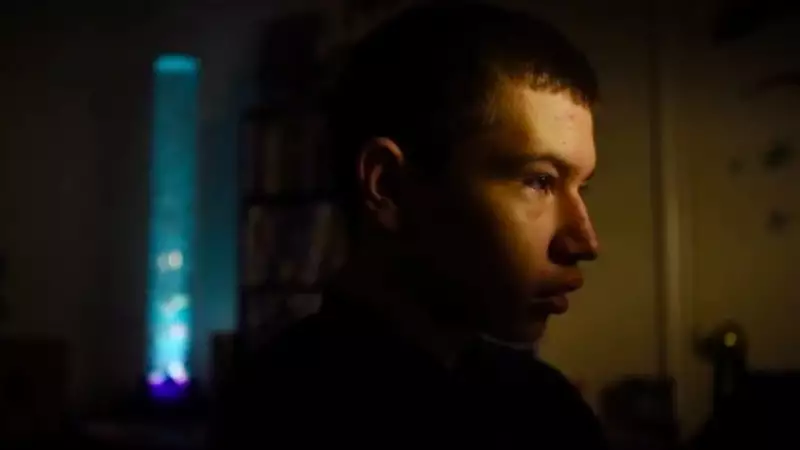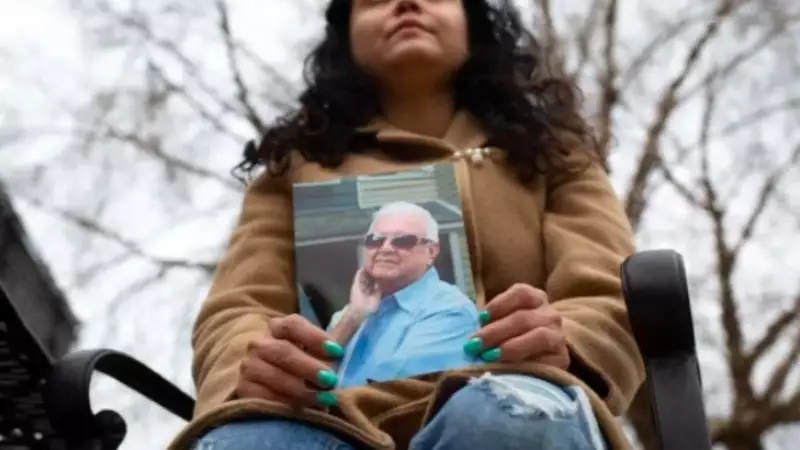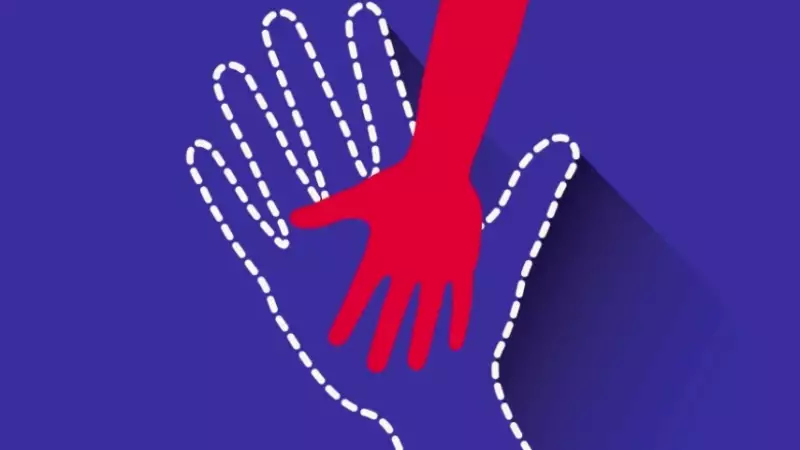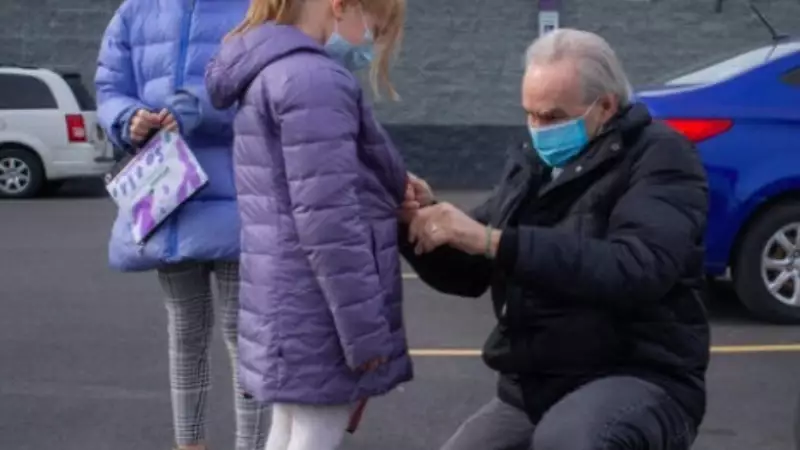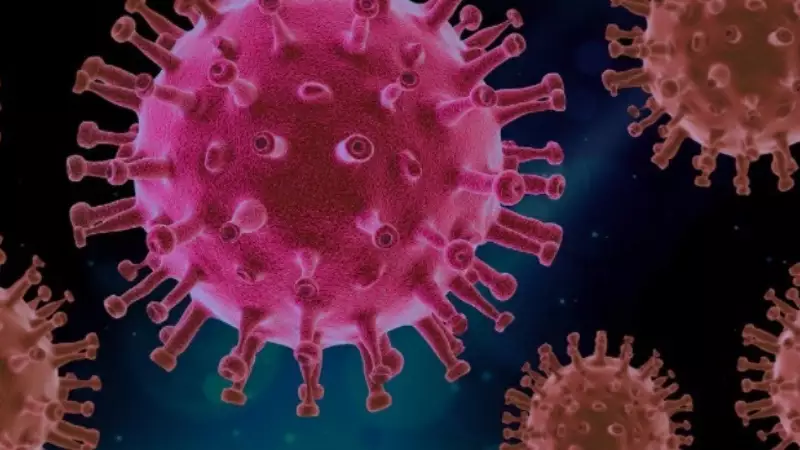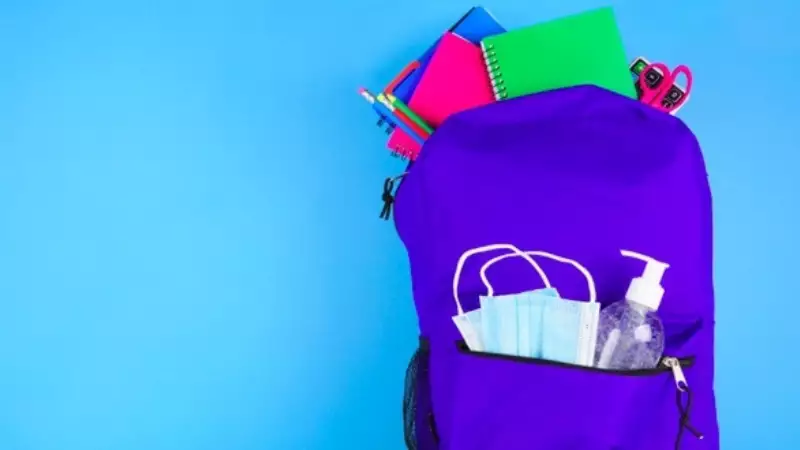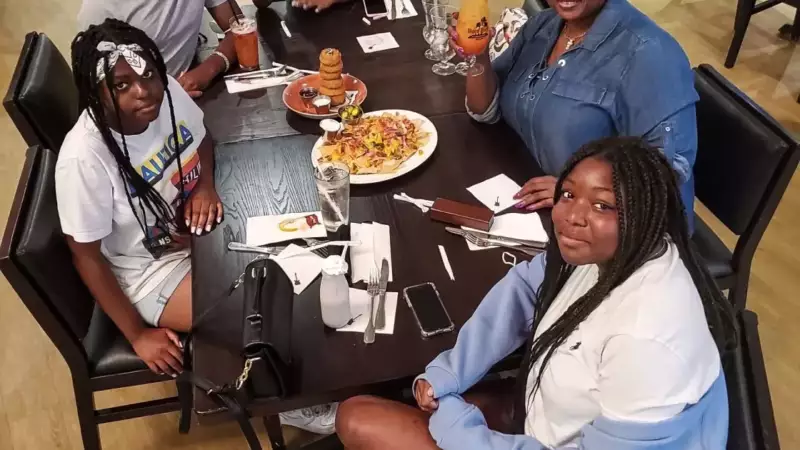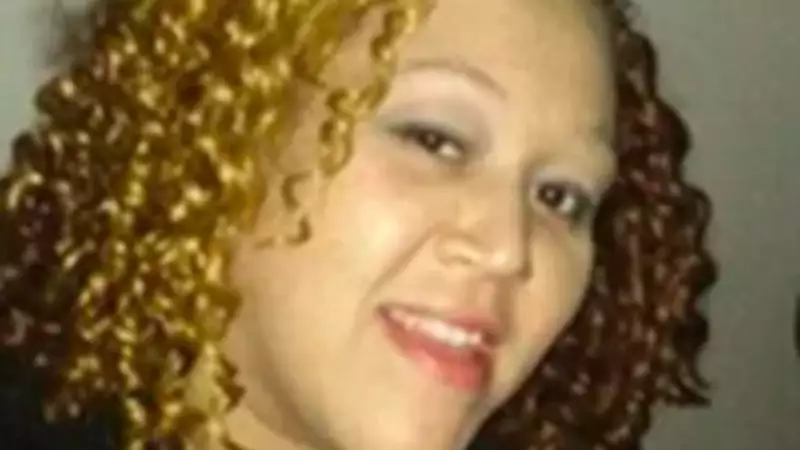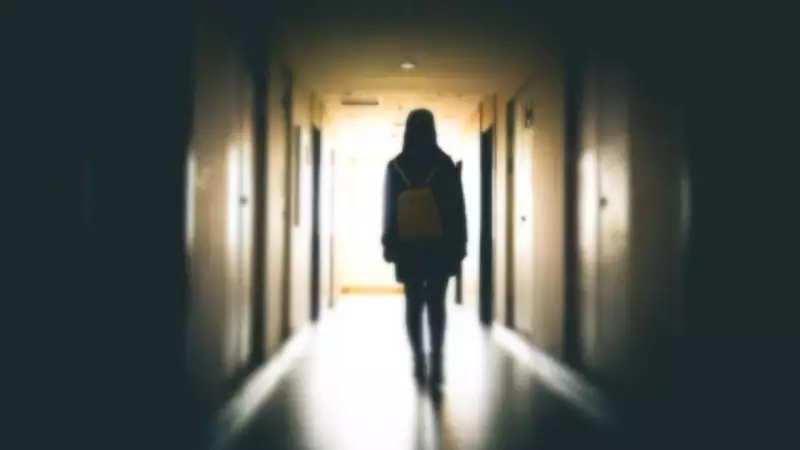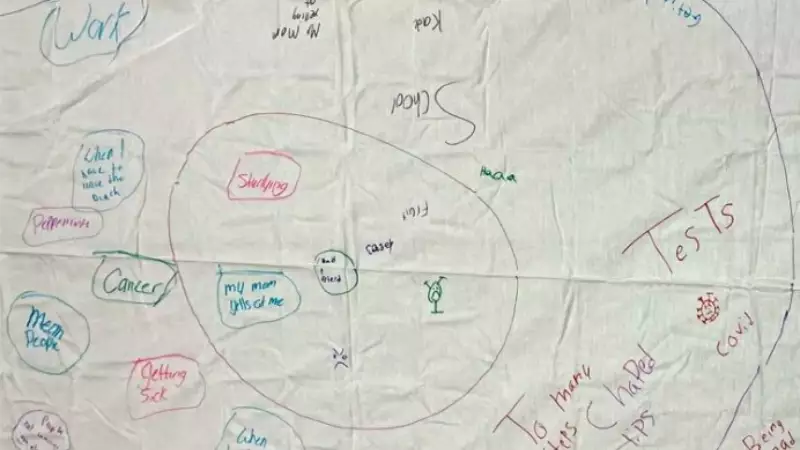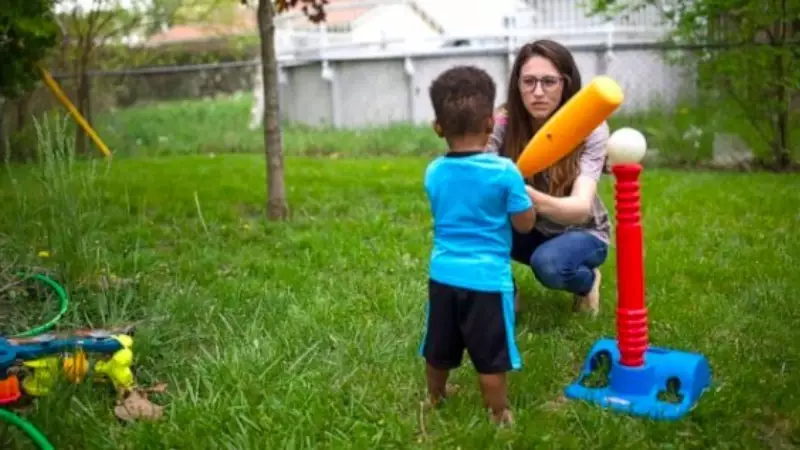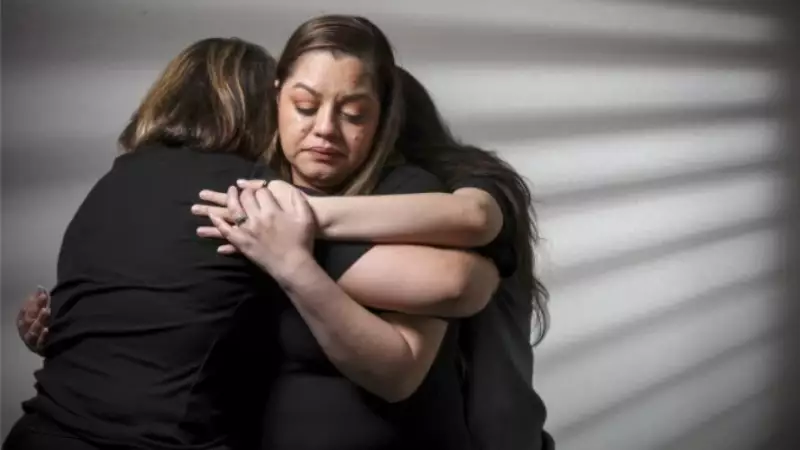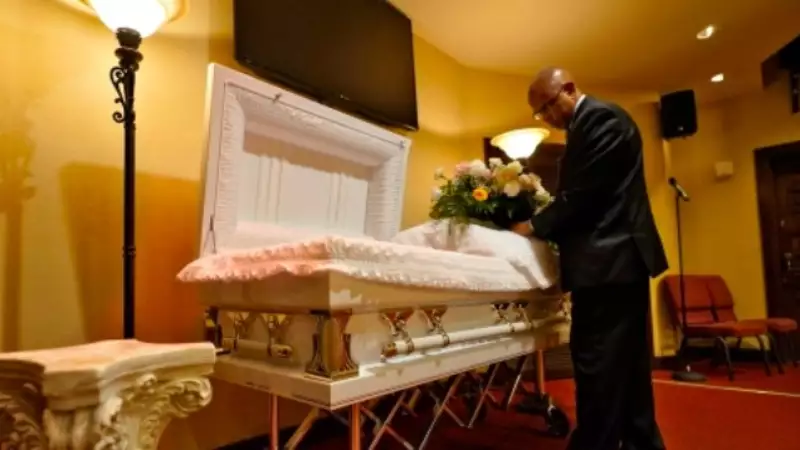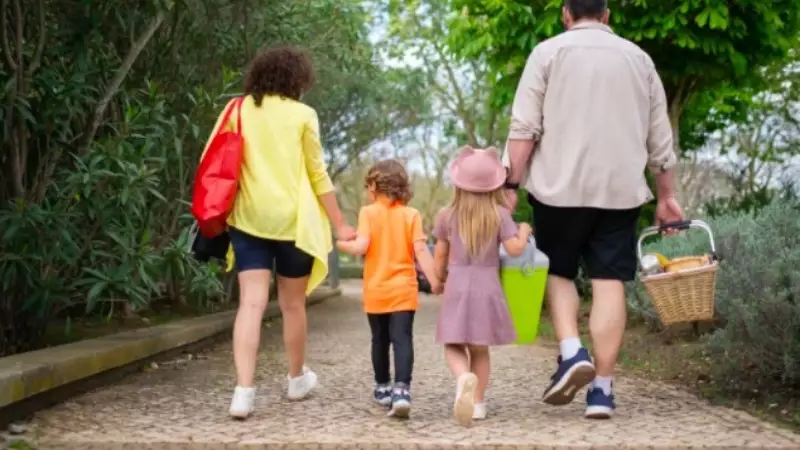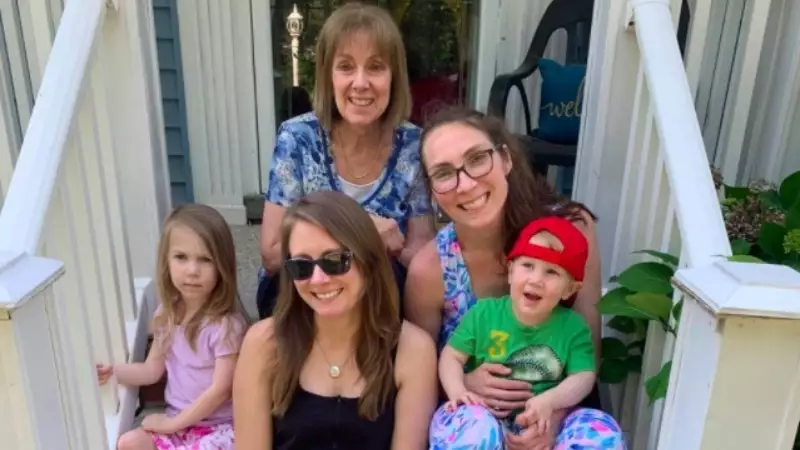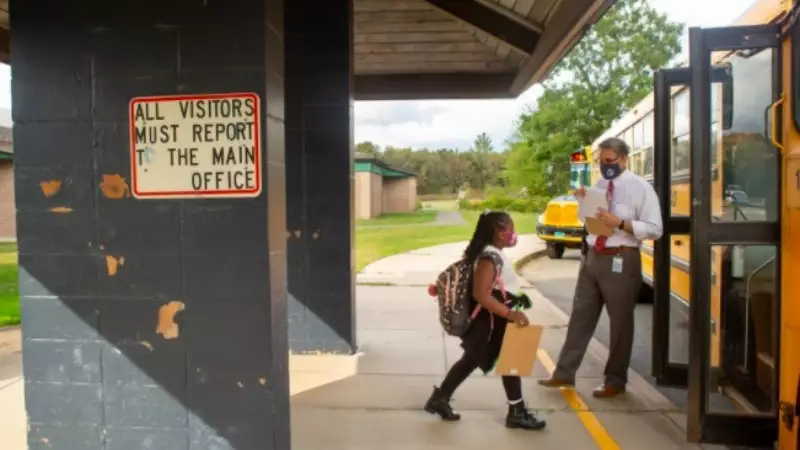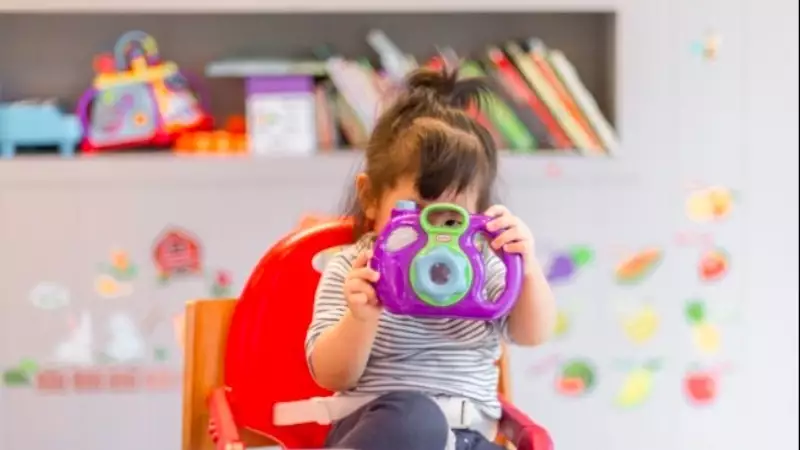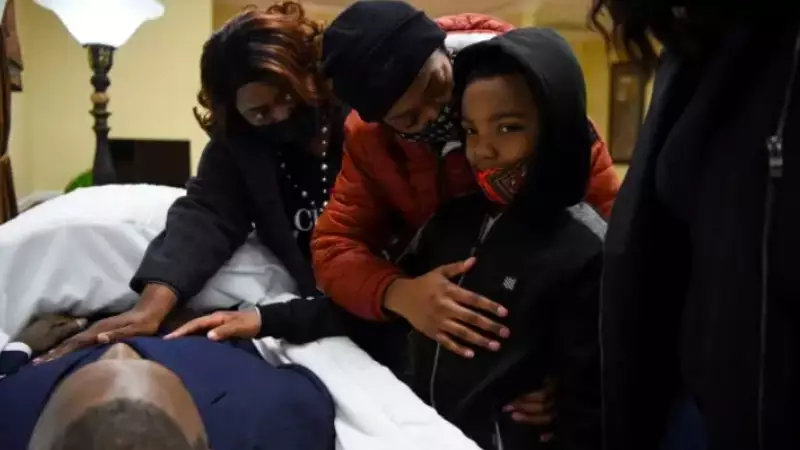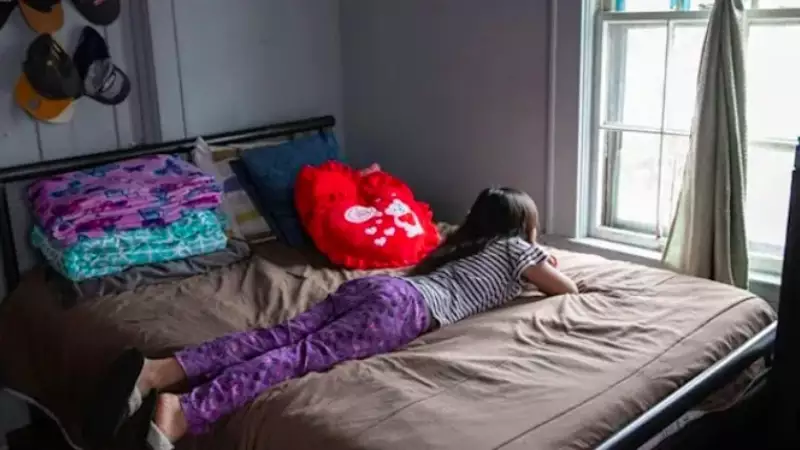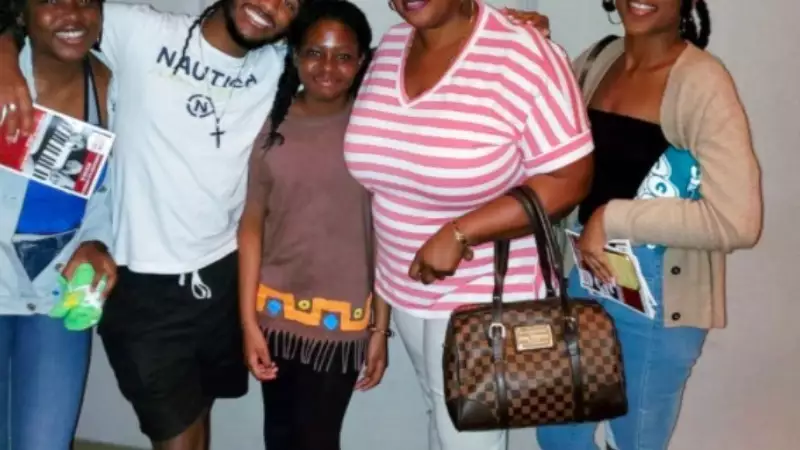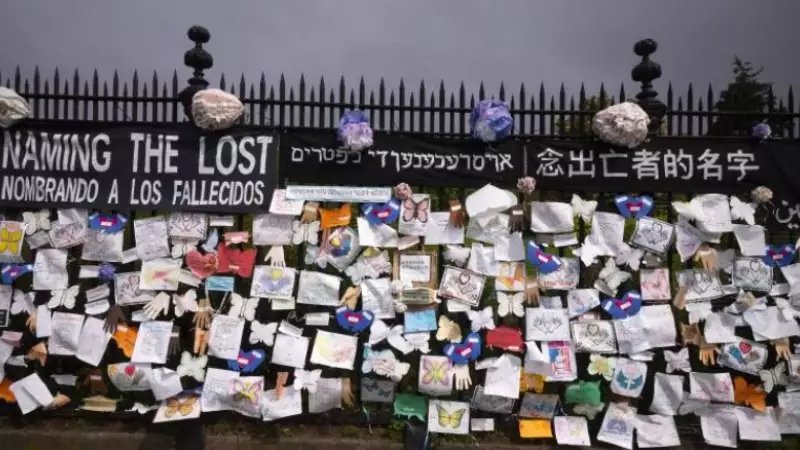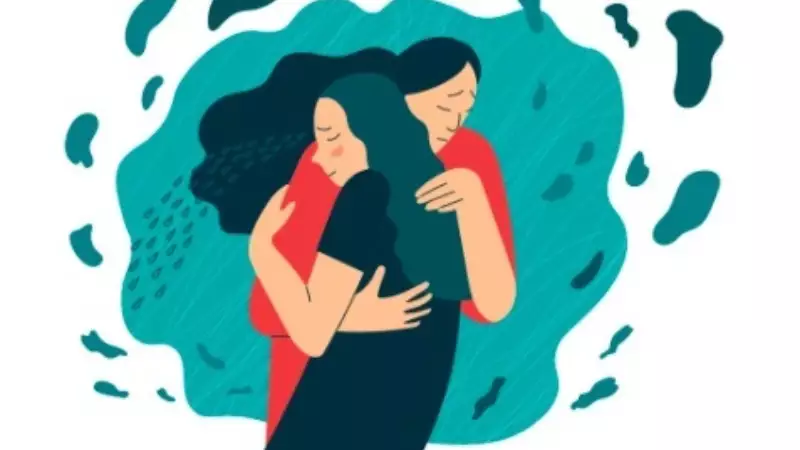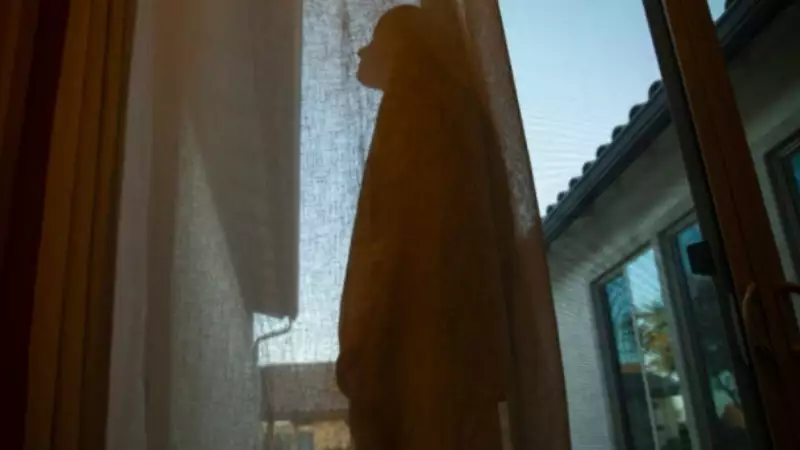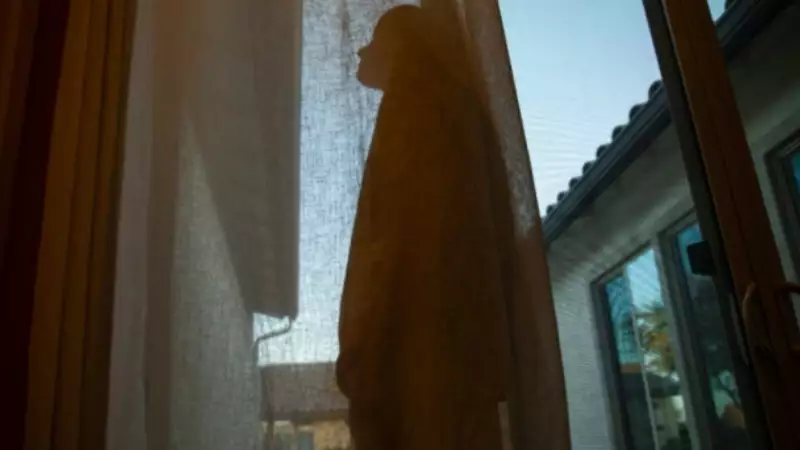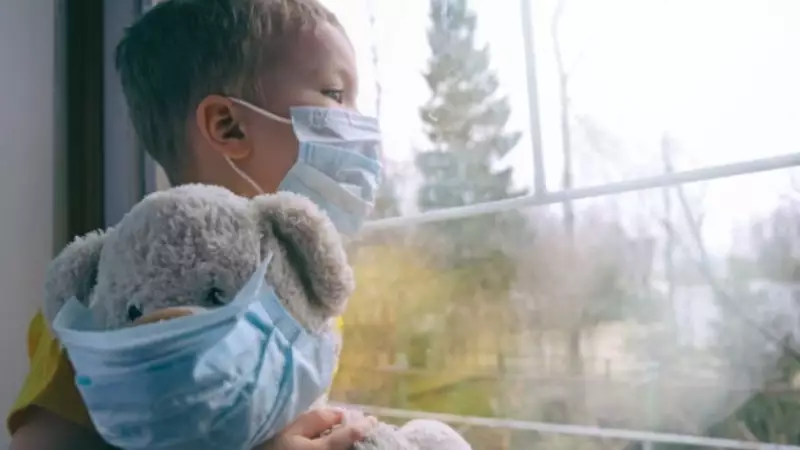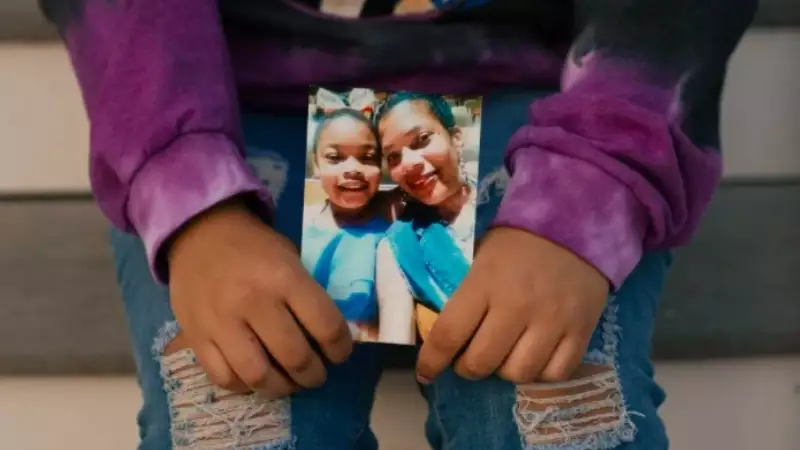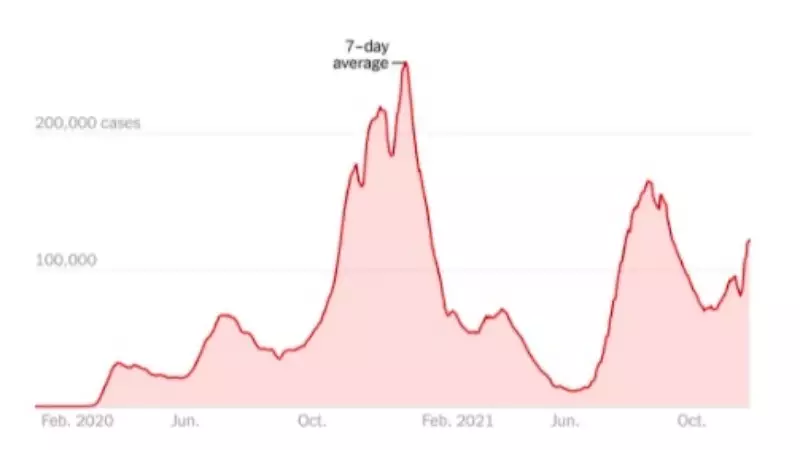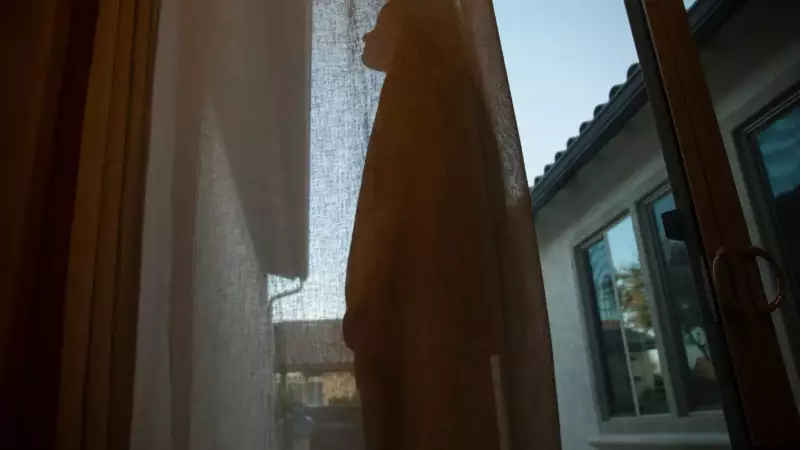Hidden Pain: The Report
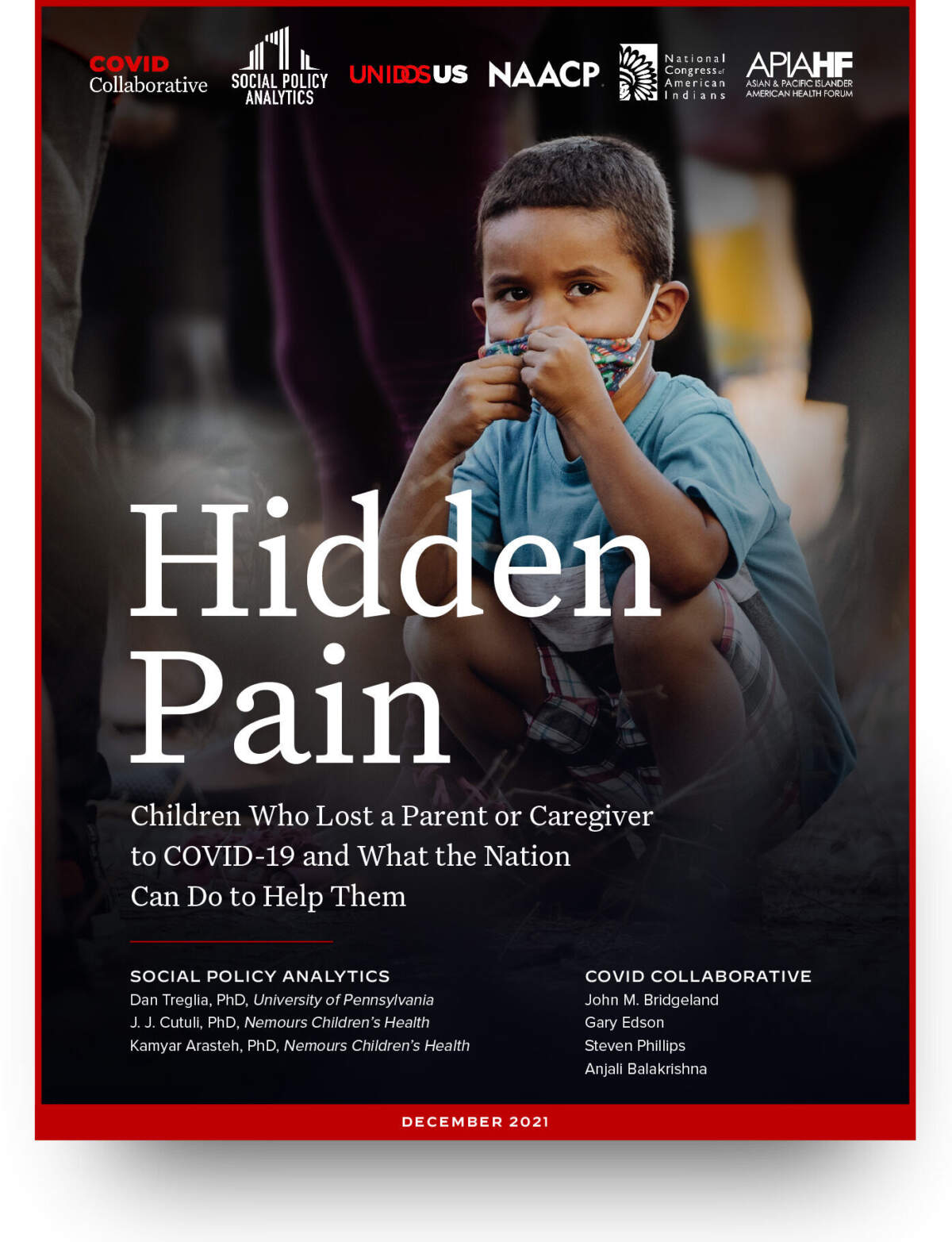
Summary
Among the more than 760,000 deaths from COVID-19 in the United States are parents, custodial grandparents, or other caregivers on whom children had relied for financial, emotional, and developmental support. Many of these children already faced significant social and economic adversity, and these devastating losses can impact their development and success for the rest of their lives. In a report written with the COVID Collaborative, we estimate the number of children who lost a parent or other caregiver to COVID-19 and provide concrete recommendations for urgent actions to protect these vulnerable children and their remaining caregivers.
Key Findings
Data updated as of 2/28/22
Estimating COVID-19 Related Loss on Children
The magnitude of the total loss of life from COVID-19 outpaces deaths in every U.S. war, and the impact of that loss on children in less than two years is profound. The numbers present a challenge to the nation.
- Total Loss: 203,649 children under 18—more than one out of every 360—lost a parent or other in-home caregiver to COVID-19.
- Loss of A Parent, A Grandparent Caregiver, or Their Only Caregiver: More than 91,000 children lost a parent to COVID-19 and over 79,000 lost a grandparent caregiver in the home, while more than 15,000 children lost their only in-home caregiver.
- Loss by Age: Seventy percent of caregiver loss (143,460) affected those aged 13 and younger. Fifty percent of caregiver loss (102,118) was among elementary and middle-school age children (5-13 years old) and 20 percent (41,342) was among those from birth through 4 years old. More than 29 percent (60,189) of caregiver loss affected youth who were high school age (14-17 years old).
- Loss by Race & Ethnicity: Non-White children lost caregiving adults at higher rates than their White peers. American Indian and Alaska Native and Native Hawaiian and Pacific Islander children lost caregivers at rates about 3.5 times the rate of White children; Black and Hispanic children at nearly 2 times the rate of White children; and Asian children at 1.4 times that of White children.
- Loss is Concentrated, but Also Found in Every State in the Country: Five states—California, Florida, Georgia, New York, and Texas—accounted for half (50 percent) of total caregiver loss from COVID-19. Arizona, Mississippi, New Mexico, and Texas had the highest rates of caregiver loss, while Maine, New Hampshire, Vermont, and Iowa had the lowest rates.
- Loss by Geography, Race, and Ethnicity: The District of Columbia had the widest disparities in caregiver loss, where Black and Hispanic children’s rates of caregiver loss were 11 and 17 times the rates of loss for White children, respectively. The rates of caregiver loss for American Indian and Alaska Native children were more than 10 times those of White children in Mississippi, New Mexico, North Dakota, South Dakota, and Utah.
Recommendations
- Undertake a coordinated strategy to comprehensively identify children who have lost a parent or caretaking guardian to COVID-19 through schools, community-based organizations, primary care settings, and the use of municipal administrative records.
- Create a COVID-19 Bereaved Children’s Fund, similar to those established for the families of September 11, 2001 and HIV/AIDS orphans.
School and Community-Based Interventions
- Expand the grief-competence of schools, community-based organizations, faith-based institutions, and other community leaders.
- Expand access to high-quality early childhood programming for COVID-bereaved children, with categorical eligibility for publicly funded programming like Head Start and Early Head Start and the waiving of parent-activity requirements and co-payments.
- Develop a registry of available grief services to inform referral efforts and make those widely available through communities, states, and national platforms.
- Strengthen social service systems providing critical resources to COVID-bereaved children and their families, which will have impacts beyond the immediate crisis.
Clinical Interventions
- Expand access to mental health care in schools through additional training plus partnerships with external mental health care providers.
- Expand access to outpatient mental health care through increased co-location of services, integrated behavioral health care, and telehealth access.
- Reducing cost-sharing responsibilities or facilitating pro bono provision of outpatient mental health care associated with COVID-19-based parental loss.
Economic Interventions
- Congress should make permanent the Child Tax Credit as revised by the American Rescue Plan, which will benefit families experiencing loss.
- The White House and Congress should provide categorical eligibility for COVID-19 bereaved children for a range of means-tested economic supports, including TANF, SNAP, Medicaid, and the recently amended Child Tax Credit.
- State and local governments should provide pre-emptive outreach, case management, and eligibility screenings for families with a COVID-19 decedent to facilitate enrollment in protective supports and services.
- The federal government should improve outreach and accessibility for FEMA’s Funeral Reimbursement Assistance program, Social Security Death, and Survivor’s Benefits.
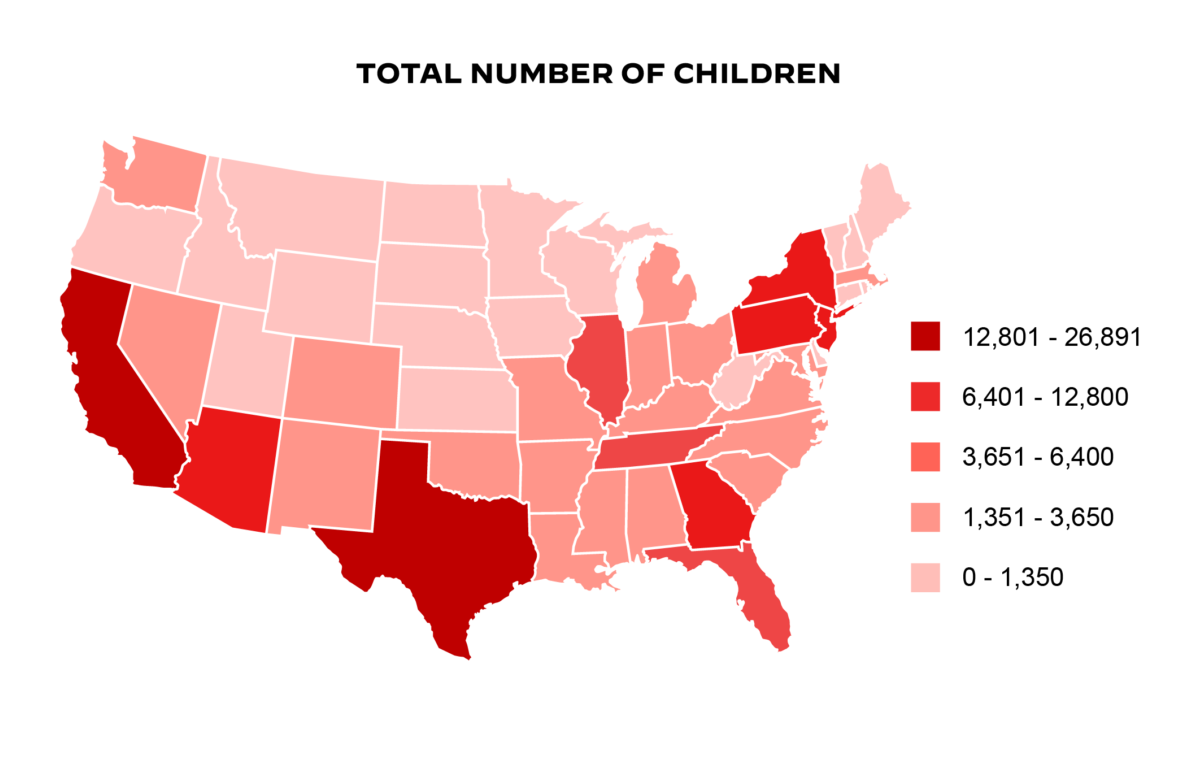
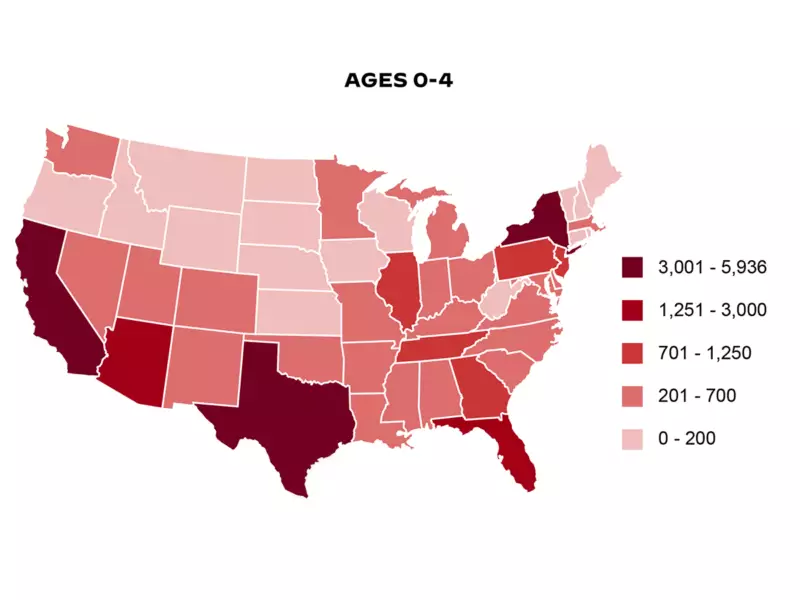
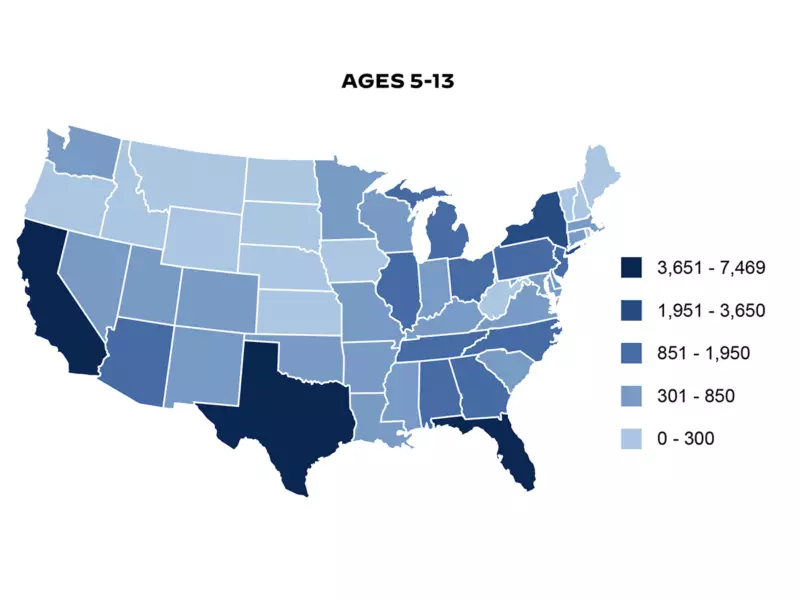
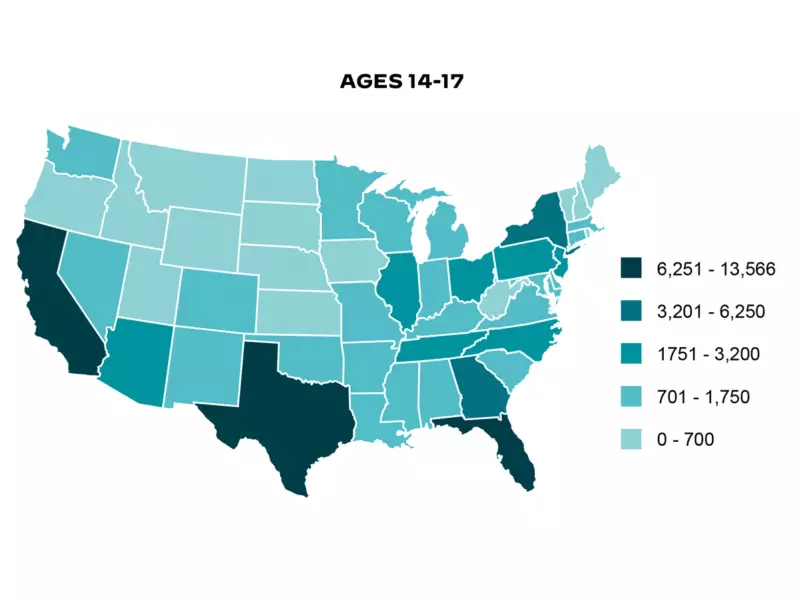
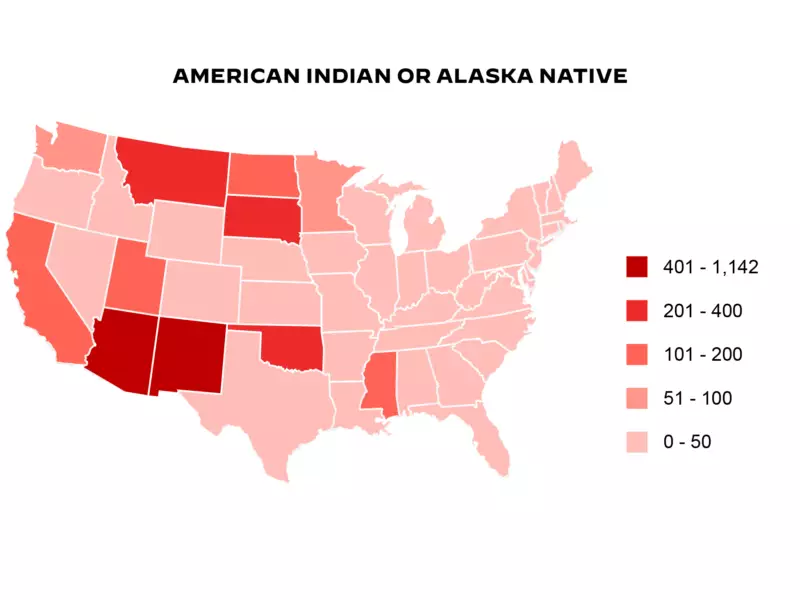
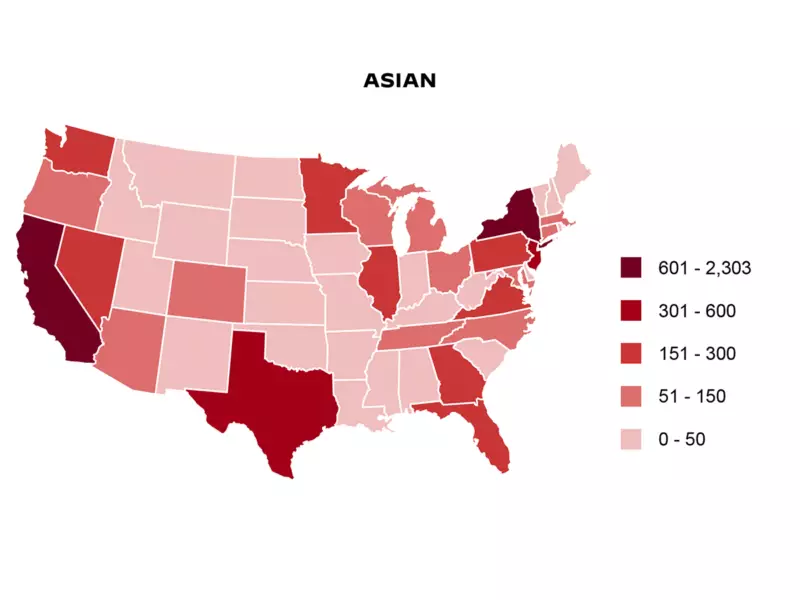
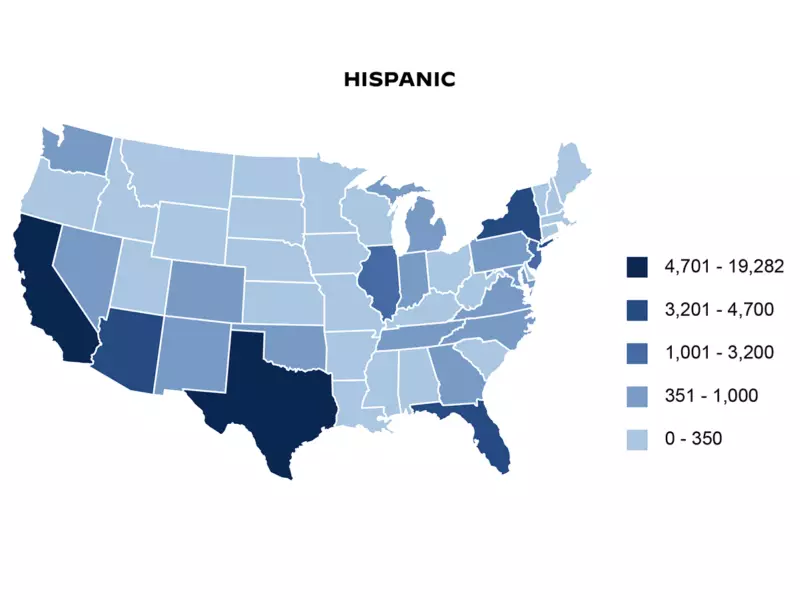
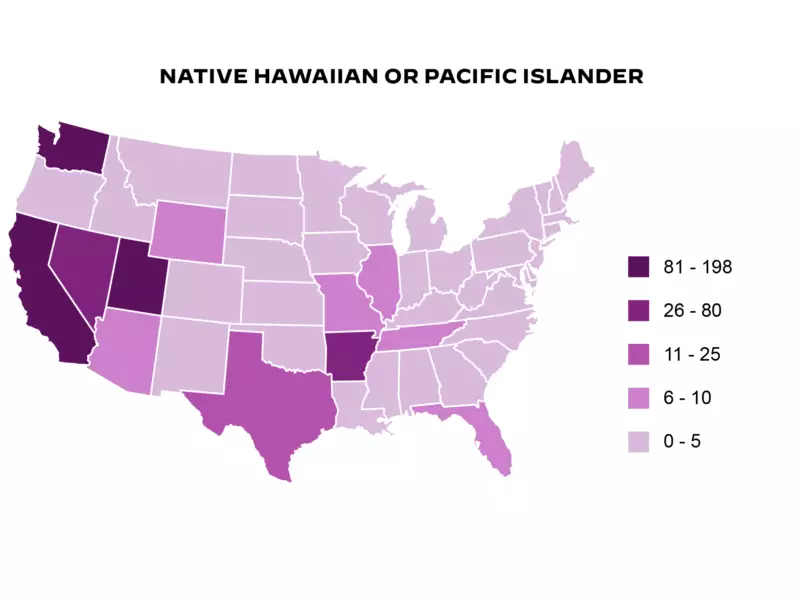
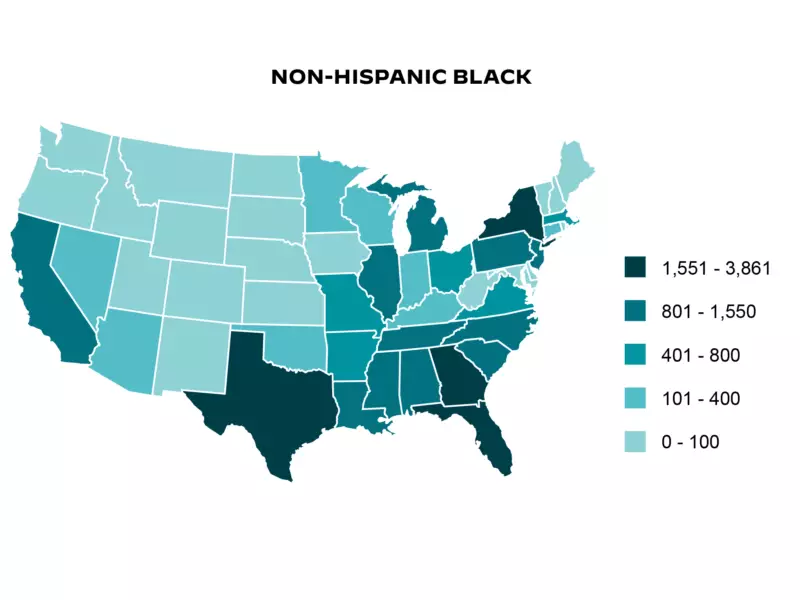
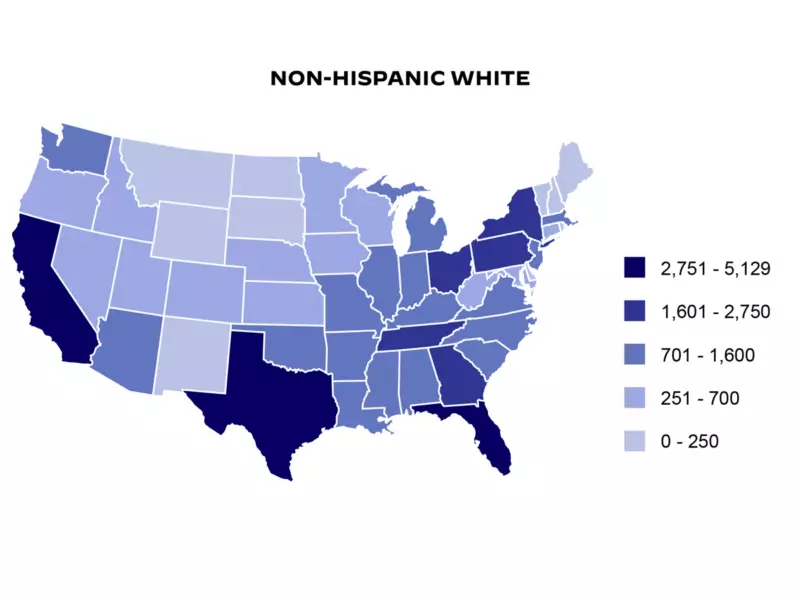
DECEMBER 9, 2021 | PRESS RELEASE
COVID Collaborative Report Shows More Than 167,000 Children Lost Parents and Caregivers to COVID-19 and Includes Plan of Action to Help Them
More than 70% of children who lost parents and caregivers are 13 or younger; Communities of Color have been affected the most; Coalition calls for urgent public and private action to help COVID-bereaved children
December 9, 2021, Washington, D.C. The COVID-19 pandemic has been the single deadliest acute public health crisis in American history. More than 760,000 Americans have died in 22 short months, many leaving behind children who have lost a caretaker, role model, and provider. Today, COVID Collaborative and Social Policy Analytics released a report estimating that 167,082 children – roughly one of every 450 – in the United States lost a parent or other caregiver in the home to COVID-19, and offering a roadmap to support and provide for these children in their most vulnerable moments.
Non-White children lost caregiving adults at higher rates than their White peers, with American Indian and Alaska Native and Native Hawaiian and Pacific Islander children experiencing the highest rate of loss at nearly four times that of White children. Black and Hispanic children experienced more than twice the rate of loss of White children. Youth in every state experienced loss, but California, Florida, Georgia, New York, and Texas accounted for half of total caregiver loss from COVID-19. Seventy percent of caregiver loss affected those 13 and younger. Half of COVID-bereaved children (83,798) were elementary and middle-school age (5-13 years old) and 20 percent (34,150) were from birth to 4 years old.
“As the nation looks to recover from the COVID-19 pandemic, there is an urgent need to address the crisis of children left behind,” said John Bridgeland, Co-Founder and CEO of COVID Collaborative. “For these children, their whole sky has fallen, and supporting them through this trauma must be a top priority. Today’s report is a rallying cry for the nation to help the children who have lost parents and other caregivers to COVID-19.”
“The children most likely to lose a caregiver to COVID-19 are also most likely to have faced previous adversities that hinder their ability to cope and show resilience,” said Dan Treglia, co-author of the report and Associate Professor of Practice at the University of Pennsylvania. “They are dealing with personal tragedies in the midst of national uncertainty, stress, and turmoil, and leaders face a responsibility to support COVID-bereaved children and their remaining caregivers to maximize their chances of resilience and success.”
Children and adolescents depend on their caregivers for financial, emotional, and developmental support, and the death of a parent or caregiver can hinder a child’s development and success for the rest of their lives. The impacts of losing one or both parents can include anxiety, depression, PTSD, substance abuse, suicide, poor academic outcomes, increased rates of high school dropout, economic turmoil, and general instability.
Policymakers, educators, nonprofits, and the private sector can take steps to help children and youth to address their grief and trauma. The report outlines recommendations, including evidence-based policies, programs, and practices to address grief and trauma. The report recommends: concerted efforts within schools, health care, and faith-based communities to identify and connect children and families to supports; a COVID-Bereaved Children’s Fund; expanding access to high-quality early childhood programming and social and emotional learning in schools; structured mentoring, peer support, and grief camps; expansion of mental health care; and executive action from the federal government to support these children now.
“The consequences of losing a parent can persist throughout a child’s lifetime,” said Governors Dirk Kempthorne and Deval Patrick, Co-Chairs of COVID Collaborative, in a joint statement. “As a compassionate nation, America must provide the support these children need during this time of great challenge.”
The report, Hidden Pain: Children Who Lost a Parent or Caregiver to COVID-19 and What the Nation Can Do to Help Them is available on COVIDCollaborative.us.
Statements of Support from Partners
Juliet K. Choi, President & CEO of the Asian & Pacific Islander American Health Forum
“COVID-19 has taken a gut-wrenching toll on our country, including the loss of so many parents and caregivers of children. This loss has disproportionately affected communities of color, including Native Hawaiian, Pacific Islander, and Asian American communities. We urge our nation to act, in unity, to ensure these children and their families have the support they so desperately need, now and in the years to come.”
Dante Desiderio, Executive Director of the National Congress of American Indians
“The heartbreaking truth is that American Indian and Alaska Native children have the highest rates of caregiver loss in the nation stemming from the COVID-19 pandemic. We need a comprehensive effort to support these children and their families as they work to navigate such difficult times.”
Derrick Johnson, President & CEO of the NAACP
“COVID-19 has disproportionately affected communities of color. One of the most serious consequences has been the loss of a parent or other in-home caregiver for so many children in these communities who often lack the resources and support to respond.”
Janet Murguia, CEO of UnidosUS
“This alarming report shows that Black and Hispanic children are more than twice as likely to have lost a parent or caregiver due to the pandemic. The consequences of these losses are devastating and can last for a lifetime. It is critically important for them and for our country’s future to support a comprehensive response that will help restore their social, economic, and emotional health and well-being as quickly as possible.”
Gary Edson, President of COVID Collaborative
“COVID-19 has unnecessarily divided us at a time when this crisis should have united us. Lending a helping hand to the children who have lost parents, grandparents and other caregivers is a moral imperative that can knit our nation back together in a common enterprise.”
Chi Kim, President & CEO of Pure Edge and board member of CASEL
“We have spent years working to advance the social and emotional development of children. The COVID pandemic has devastated families and taken so many lives, including parents and caregivers, away from their children. We need to redouble our efforts in the nation’s schools to teach and foster those very strategies to help heal the heart and develop tools to flourish."
Annette March-Grier, President & Co-Founder of Roberta’s House
“We are working with children and families every day who have experienced trauma and loss, including children who lost a parent or other caregiver to COVID. Children and teens have been greatly impacted from so much loss and are at risk psychologically, physically and spiritually. America needs to come together to support this vulnerable population that represents so much potential for the future.”
Heather Nesle, President of the New York Life Foundation
“We have worked for well over a decade to provide bereavement support to children and families. And we know from our recent survey that parents say they need more support on this subject, particularly from schools. So we are strongly behind a public-private effort to expand proven strategies and services to help these children build a better future.”
Karen Niemi, President & CEO of CASEL
“We are working across many states and school districts to help students acquire the very skills they will need to do better in school, work and life. These skills are also invaluable in helping students cope with grief and trauma, including loss caused by the COVID-19 pandemic."
Francie Schnipke Richards, Vice President of Social Responsibility and The Allstate Foundation
“It’s critical that our nation prioritizes equitable access to evidenced-based social-emotional support for youth. Social and emotional learning can help youth in many ways: from facing the trauma of losing a parent or caregiver, supporting mental health needs and resilience through pandemic recovery, to strengthening youth confidence, leadership and relationship skills for years to come.”
David Shapiro, CEO of MENTOR
“MENTOR and the mentoring field are proud to join COVID Collaborative in placing healing and resilience at the center of our nation’s response to the trauma and loss faced by too many young people as a result of the pandemic. Nothing will replace a parent or caregiver, but we must do all we can to take on these complicated and long-term challenges including providing the personalized and proven response of positive and enduring mentoring relationships for young people left in the turbulent wake of loss. We will work diligently in a combined effort toward the goals of coping, healing and thriving by fulfilling the promise of human connection at a time and in circumstances when our young people need it most.”
Timothy P,. Shriver, Chairman, Special Olympics and UNITE
"In the midst of unspeakable grief from the COVID-19 pandemic, those who have experienced painful losses are looking to all of us for strength, solidarity, and love. In these moments where so many children grieve, it is our great privilege as families, friends and citizens to support them in their sadness and strengthen them in their recovery.”
Caryl M. Stern, Executive Director of Walton Family Foundation
“The past two years have called upon so many Americans to summon courage, resilience and determination in the face of tragic loss from the pandemic. The loss of so many parents and other caregivers is devastating to hundreds of thousands of children and families. We know our nation will summon the will to act."
Grief Resources for Children
If you are supporting a child experiencing the loss of a parent or caregiver, the resources below have been recommended by the New York Life Foundation to help.
Coalition to Support Grieving Students
The Coalition to Support Grieving Students is a unique collaboration of leading professional organizations representing the school community who have come together to support grieving students and their families. The Coalition has created and is sharing a set of industry-endorsed resources that will empower school communities across America in the ongoing support of their grieving students.
- For practical and accessible information for school communities to support children who experienced a death of a loved one, click here.
- Additional resource can be found on the National Center for School Crisis and Bereavement
National Alliance for Children’s Grief
The National Alliance for Children's Grief (NACG) is a nonprofit organization that raises awareness about the needs of children and teens who are grieving a death and provides education and resources for anyone who supports them. Through the collective voice of our members and partners, we educate, advocate and raise awareness about childhood bereavement. The NACG is a nationwide network comprised of professionals, institutions, and volunteers who promote best practices, educational programming, and critical resources to facilitate the mental, emotional and physical health of grieving children and their families.
- For resources to support bereaved youth and their families, click here.
- To find support locally, click here
Founded in 1982 in Portland, Oregon, the Dougy Center started the first peer grief support groups for children, and has become a world-renowned model for bereavement support known as The Dougy Center Model.
- Extensive resources for people of all ages who are grieving before and after a death as well as resources for professionals
- Find local bereavement support centers by zip code
Camp Erin is the largest national bereavement program for youth grieving the death of a significant person in their lives.
Children and teens ages 6-17 attend a transformational weekend camp that combines traditional, fun camp activities with grief education and emotional support, free of charge for all families. Led by grief professionals and trained volunteers, Camp Erin provides a unique opportunity for youth to increase levels of hope, enhance self-esteem, and especially to learn that they are not alone.
New York Life Foundation: A Child in Grief Bereavement Online Resource
Helping families in times of grief is at the heart of New York Life’s Foundation’s mission, and our research has shown that families who lose a loved one wish they had more resources and support available to them. In an effort to address this gap, they have a dedicated online grief resource which offers articles, expert tips, personal stories and local resources for families, educators and community members.
- Resources for school communities, families and all communities
- To order free resources including the following
- After a Loved One Dies: How Children Grieve and How Parents and Other Adults Can Support Them: English e-booklet or Spanish e-booklet
- Kai’s Journey is a film and book series that is dedicated to children and families who have experienced the death of a loved one. The series strives to provide guidance and support as they embark on this lifelong journey of learning to better understand, process, and communicate their grief.
